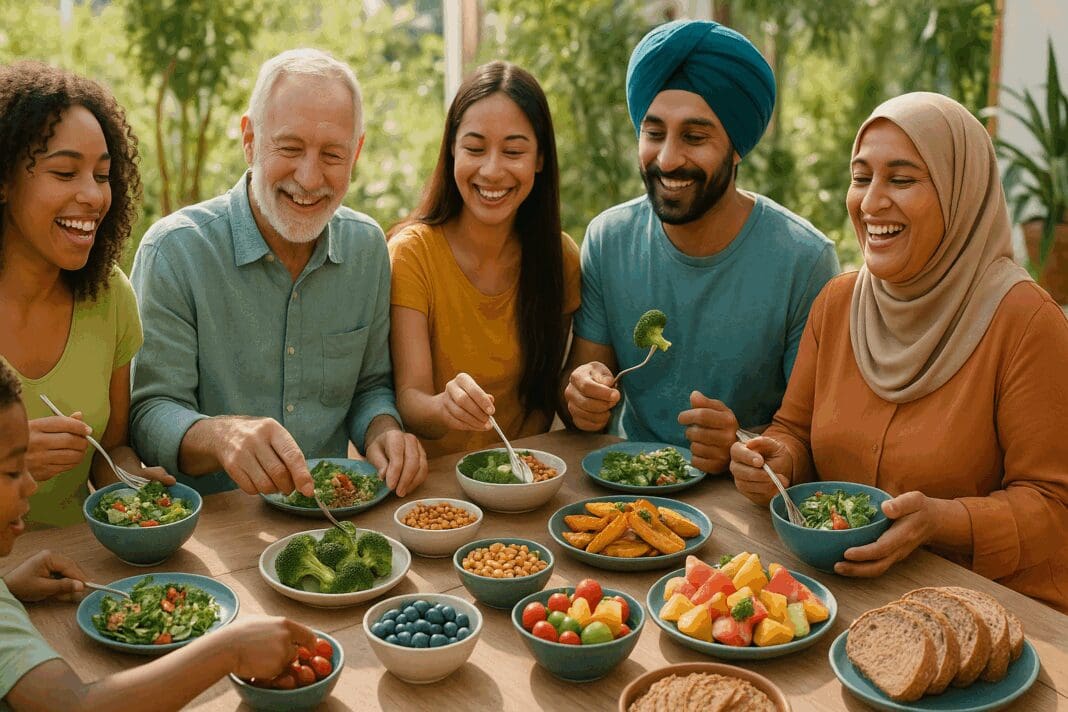In today’s health-obsessed culture, the word “diet” is often tossed around casually, yet few pause to ask: what does diet mean in its truest and most comprehensive sense? While many associate it narrowly with weight loss or restrictive eating patterns, the actual concept of diet stretches far beyond these limited interpretations. Understanding the full scope of this term is essential for developing sustainable habits that support both physical and mental well-being. A deeper look at what diet means reveals a more nuanced and empowering approach to nutrition, one that transcends fads and emphasizes lifelong vitality.
You may also like: 10 Essential Tips on Choosing Healthy Food for Ladies to Boost Energy and Wellness
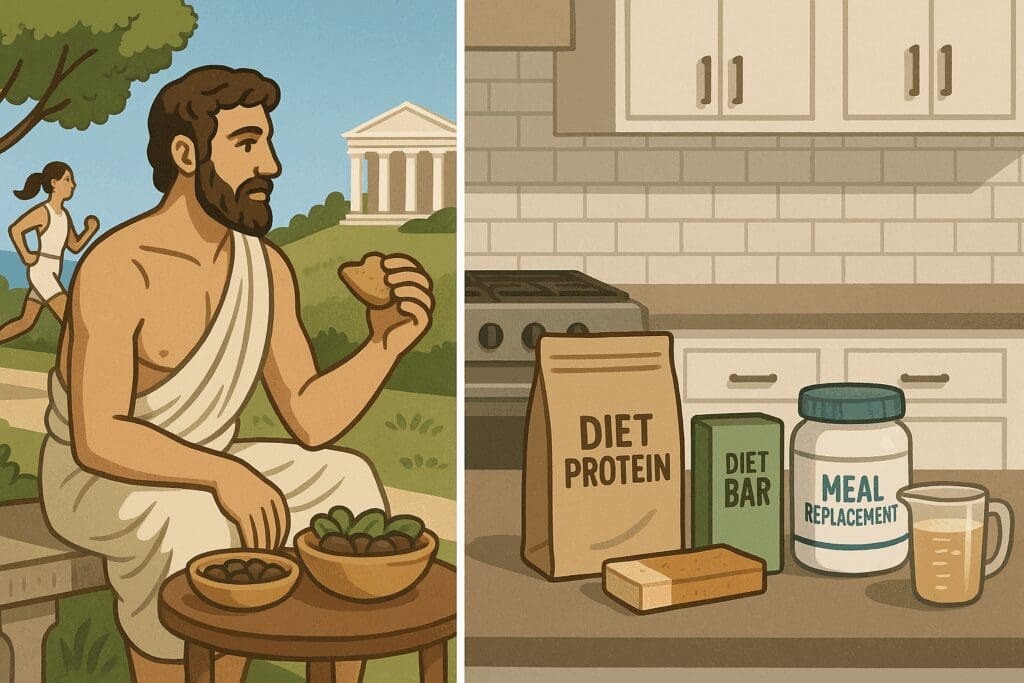
The Evolving Definition of Diet
The term “diet” originates from the Greek word “diaita,” which means “way of life.” This etymology alone broadens the modern understanding of the word beyond mere calorie counting or food restriction. In historical contexts, diet was closely aligned with the holistic regulation of one’s lifestyle, encompassing not just food, but habits, behaviors, and routines aimed at achieving balance and longevity. Over time, particularly in Western society, the term has been co-opted by the weight loss industry and reduced to a shorthand for temporary eating plans often driven by aesthetic goals rather than health.
When one considers what is diet from a scientific standpoint, it becomes clear that a diet refers to the sum of food consumed by an organism. In the case of humans, this includes everything ingested on a daily basis, regardless of whether the person is attempting to lose weight, maintain health, or simply enjoy culinary pleasures. This broader view is essential because it reinforces the idea that diet is an ongoing, dynamic element of life that influences every facet of health, from digestion to mood regulation to chronic disease prevention.
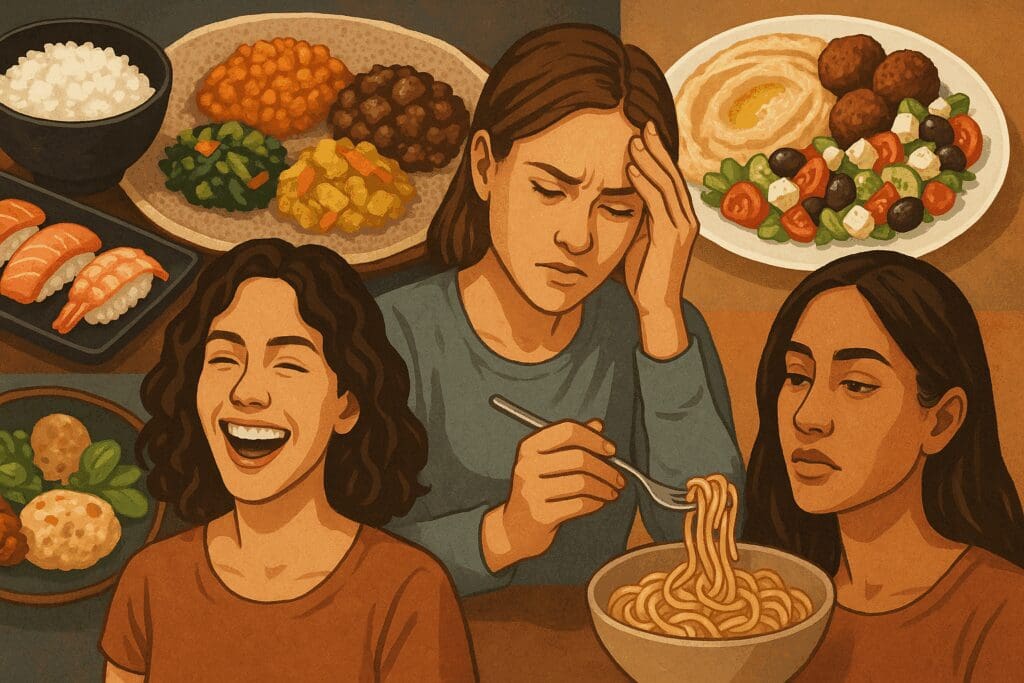
The Cultural and Psychological Dimensions of Diet
Diet is not just a biological necessity; it is a cultural artifact deeply intertwined with social norms, traditions, and psychological factors. What we eat, when we eat, and how we feel about food are all shaped by our environment. Cultural traditions dictate dietary preferences and restrictions, while psychological states—ranging from stress to body image—can influence food choices. Thus, understanding diet meaning requires a multidisciplinary approach that considers anthropology, psychology, and sociology alongside nutrition science.
In many cultures, food serves as a medium of connection—bringing families together, forming community bonds, and anchoring celebrations. At the same time, modern society’s diet culture often weaponizes food as a source of guilt or moral judgment. The dichotomy between enjoying food and fearing it has given rise to disordered eating patterns and chronic dissatisfaction with one’s body. Recognizing these tensions is critical to redefining what does diet mean in a way that is both compassionate and empowering.
Diet as a Vehicle for Health Optimization
One of the most impactful ways to understand what is diet is to examine its role in promoting or hindering health. Scientific literature consistently affirms that dietary patterns significantly influence outcomes such as cardiovascular health, metabolic function, mental clarity, and immune resilience. A balanced diet rich in fruits, vegetables, lean proteins, whole grains, and healthy fats provides the essential nutrients needed to support the body at every stage of life.
On the other hand, diets high in ultra-processed foods, added sugars, and trans fats have been linked to a litany of health problems, including type 2 diabetes, obesity, cardiovascular disease, and even certain cancers. Thus, adopting a thoughtful, nutrient-dense dietary pattern is not about adhering to a rigid plan, but rather about cultivating a sustainable lifestyle that aligns with one’s individual health goals, preferences, and needs.

What Does Diet Mean in the Context of Lifestyle Medicine?
Lifestyle medicine is an emerging field that emphasizes the power of daily habits, including diet, in preventing and even reversing chronic disease. Within this framework, diet is seen not merely as a supportive element but as a foundational pillar of health. Researchers and practitioners in lifestyle medicine advocate for plant-forward diets, such as the Mediterranean or DASH diet, which have been proven to reduce inflammation, lower blood pressure, and improve lipid profiles.
Understanding what does diet mean through this lens shifts the focus from superficial outcomes like weight to more meaningful metrics such as energy levels, cognitive function, and disease biomarkers. Moreover, it encourages individuals to view food as medicine, capable of healing and protecting the body when chosen wisely. This integrative approach empowers people to take control of their health in a proactive and personalized manner.
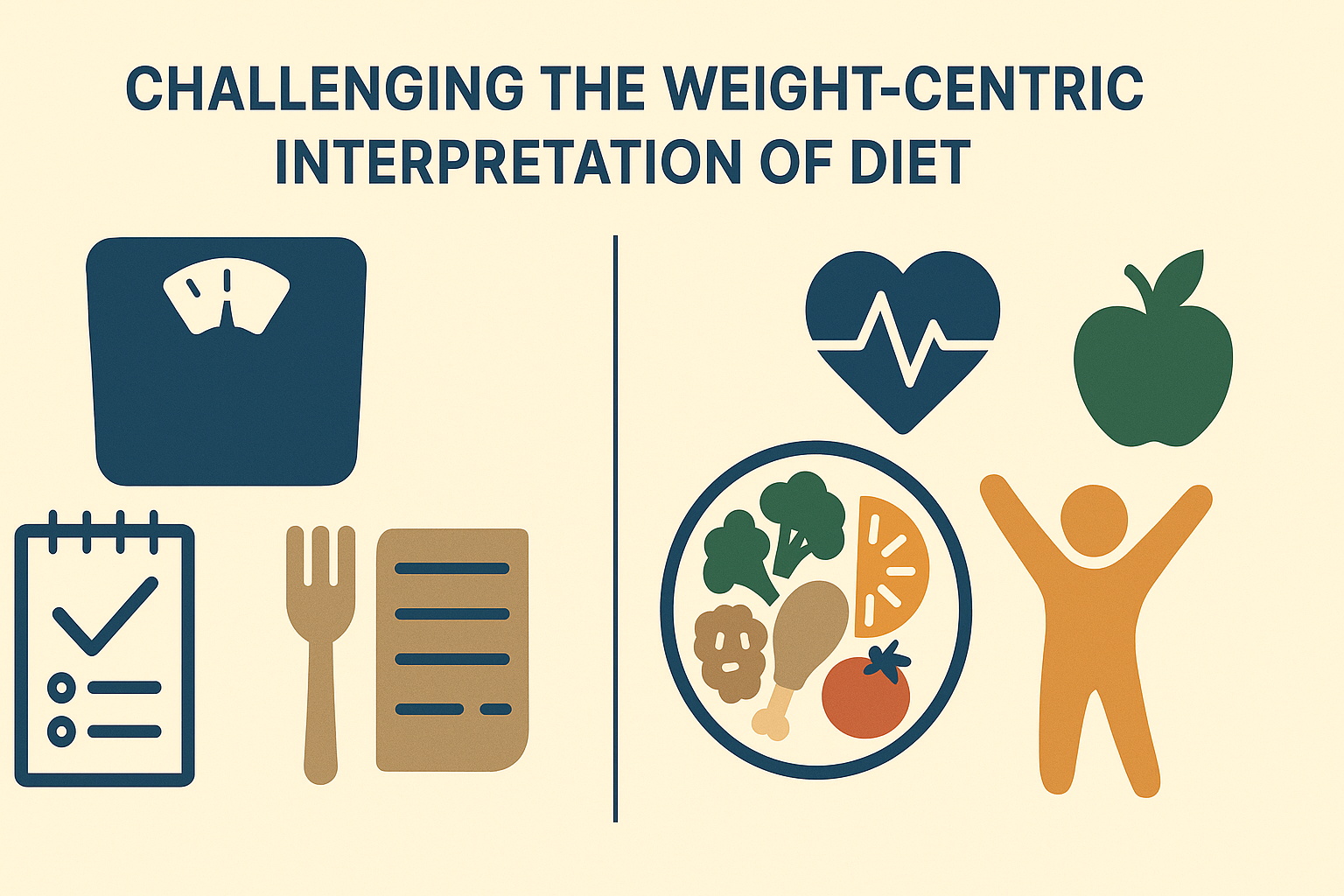
Challenging the Weight-Centric Interpretation of Diet
The mainstream narrative surrounding diet often equates it with weight loss, creating a narrow and sometimes harmful association. Diet plans are frequently marketed with promises of rapid results and dramatic transformations, yet these approaches are typically unsustainable and can lead to nutrient deficiencies or psychological distress. By redefining what is diet, health professionals and educators can help dismantle these damaging myths and encourage more holistic, inclusive perspectives.
A growing body of research supports the Health at Every Size (HAES) movement, which promotes body diversity and emphasizes health behaviors over weight outcomes. From this perspective, the best diet is one that supports physical health, mental well-being, and emotional satisfaction, regardless of body size. This approach acknowledges that weight is not the sole indicator of health and that dietary quality, physical activity, sleep, and stress management all contribute to well-being.
What Does Diet Mean in a Globalized World?
In a globalized society, food systems and dietary patterns are increasingly influenced by international trade, cultural exchange, and socioeconomic factors. Traditional diets rich in whole, minimally processed foods are being replaced by Westernized diets high in processed convenience foods. This shift has led to a global rise in obesity, diabetes, and other non-communicable diseases, particularly in developing nations.
Understanding what does diet mean in this context requires a critical examination of food access, affordability, and policy. It also calls for culturally sensitive public health interventions that preserve traditional dietary wisdom while adapting to modern realities. Solutions might include promoting urban agriculture, reforming food labeling laws, and investing in nutrition education that reflects diverse culinary traditions. The goal is not to impose a singular ideal but to support varied dietary approaches that meet nutritional needs and respect cultural identities.
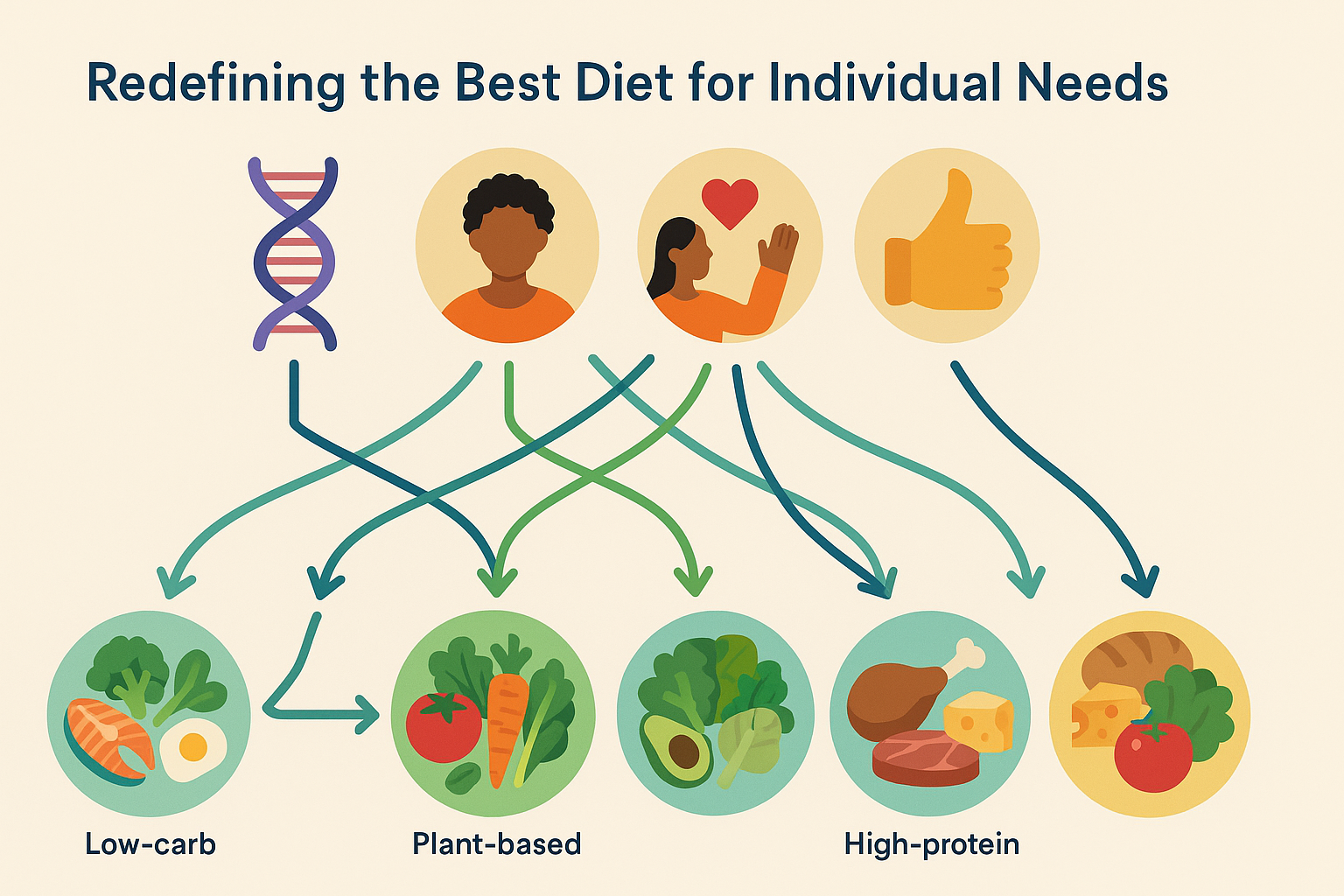
Redefining the Best Diet for Individual Needs
The search for the best diet is a common pursuit, but the answer is far from one-size-fits-all. Biological variability, genetic predispositions, and lifestyle factors all influence how individuals respond to different dietary patterns. Some people may thrive on a low-carb diet, while others feel best with higher carbohydrate intake from whole grains and legumes. Similarly, dietary preferences, religious beliefs, and ethical considerations play a crucial role in shaping individual food choices.
Rather than prescribing a universal best diet, healthcare providers and nutritionists are increasingly advocating for personalized nutrition. This approach uses data—such as biomarkers, microbiome analysis, and dietary tracking—to craft tailored eating plans that support each person’s unique physiology and goals. The key is flexibility, consistency, and a focus on long-term habits rather than short-term fixes.
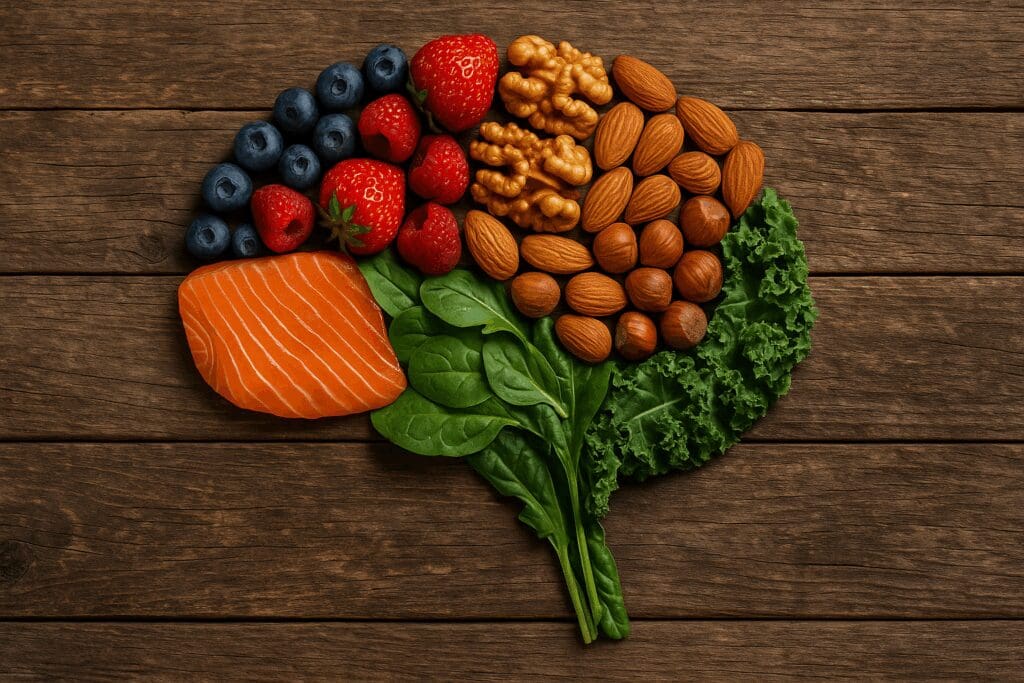
What Does Diet Mean for Mental Health?
Emerging research highlights the profound connection between diet and mental health, further expanding the understanding of what does diet mean. Nutrients such as omega-3 fatty acids, B vitamins, magnesium, and antioxidants have been shown to support brain function and reduce the risk of mood disorders. Conversely, diets high in sugar, refined carbs, and processed foods are associated with increased rates of anxiety and depression.
The field of nutritional psychiatry explores these links and underscores the importance of diet quality in maintaining mental well-being. For example, the SMILES trial found that participants with moderate to severe depression who followed a Mediterranean-style diet experienced significant improvements in symptoms compared to a control group. This evidence suggests that dietary interventions can be a valuable adjunct to traditional mental health treatments.
Practical Strategies for Building a Sustainable Diet
Developing a healthy diet begins with shifting the mindset from deprivation to nourishment. Instead of focusing on what to cut out, individuals should emphasize adding more nutrient-rich foods that fuel the body and mind. Planning meals around whole foods—such as vegetables, fruits, legumes, whole grains, and lean proteins—can help ensure balanced nutrition. Cooking at home, reading labels, and staying hydrated are additional strategies that foster dietary awareness and autonomy.
Consistency is more important than perfection. Occasional indulgences or deviations do not negate overall dietary quality. The goal is to cultivate a flexible, enjoyable relationship with food that can be maintained over a lifetime. Setting realistic goals, seeking social support, and working with qualified professionals can make this process more effective and less overwhelming.
What Does Diet Mean in the Digital Age?
The digital age has transformed how people learn about and engage with food. Social media, wellness blogs, and influencer culture have introduced a flood of dietary advice—some helpful, some misleading. While increased access to nutrition information can be empowering, it also raises the risk of misinformation and unrealistic expectations.
Understanding what does diet mean in this context involves developing media literacy and critical thinking skills. Consumers must learn to evaluate sources, question anecdotal claims, and distinguish between evidence-based guidance and marketing hype. Health professionals also have a role to play in curating reliable content and creating inclusive narratives that promote balanced eating without fear or shame.
Nutritional Literacy and the Role of Education
Nutritional literacy is the ability to understand and apply information related to food and health. It empowers individuals to make informed decisions, navigate food labels, plan balanced meals, and evaluate dietary claims. Unfortunately, many people lack basic nutrition knowledge, which can lead to poor food choices and increased vulnerability to chronic disease.
Integrating nutrition education into school curricula, community programs, and workplace wellness initiatives can help bridge this gap. Educational efforts should be inclusive, culturally sensitive, and action-oriented. They should also emphasize the broader meaning of diet as a tool for empowerment, resilience, and self-care. By fostering nutritional literacy, societies can improve population health and reduce healthcare costs.
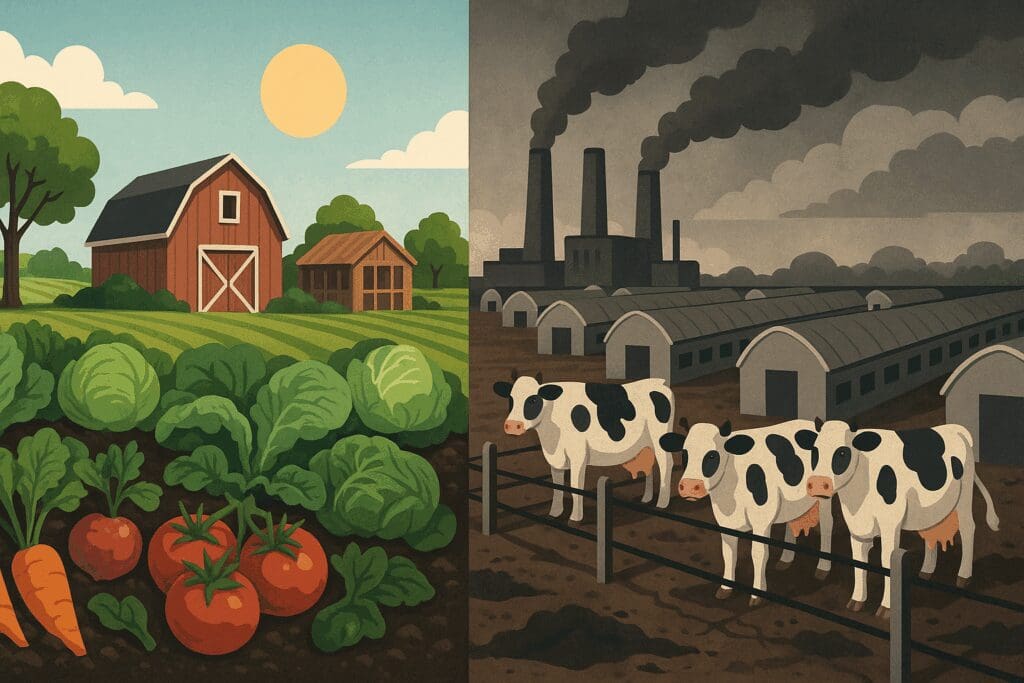
What Does Diet Mean for the Environment?
Dietary choices also have significant environmental implications. The production, transportation, and consumption of food contribute to greenhouse gas emissions, deforestation, water use, and biodiversity loss. Diets high in animal products and processed foods tend to have larger ecological footprints, while plant-based diets are generally more sustainable.
Understanding what does diet mean in the era of climate change necessitates an ecological perspective. Individuals and institutions can reduce environmental impact by adopting dietary patterns that prioritize local, seasonal, and minimally processed foods. Reducing food waste, supporting sustainable agriculture, and advocating for policy changes are additional ways to align personal health with planetary well-being.

The Spiritual and Ethical Dimensions of Diet
For many, diet is also a reflection of spiritual and ethical values. Religious dietary laws—such as kosher, halal, or fasting practices—serve both symbolic and health-related functions. Ethical considerations, such as animal welfare and fair labor practices, influence the rise of vegetarian, vegan, and fair-trade diets. These choices reflect a desire to live in accordance with one’s beliefs and to contribute to a more just and compassionate world.
Understanding what is diet from this perspective requires respect for individual agency and diversity. There is no singular “correct” diet, only the one that aligns with a person’s values, needs, and circumstances. Acknowledging these dimensions enriches the dialogue around food and fosters greater empathy and inclusivity in dietary discussions.
Frequently Asked Questions: Exploring What Does Diet Mean in a Modern, Holistic Context
1. What does diet mean in relation to overall wellness, not just weight?
What does diet mean when we look beyond calorie counting? It refers to a comprehensive pattern of eating that supports every aspect of health—physical, mental, and even emotional. A balanced dietary approach influences hormone levels, energy production, immune response, and cognitive function. It’s about sustainability, not restriction, and can look different for everyone based on age, culture, and lifestyle. In this context, the diet meaning evolves into a personal strategy for thriving, not merely surviving.
2. Can cultural traditions shape what diet means to different people?
Yes, and this is one of the most overlooked elements in modern nutrition. What is diet to someone in Japan, for example, may revolve around rice, fermented vegetables, and fish, while for someone in Ethiopia, it may center on injera and legumes. Cultural diets often reflect centuries of intuitive knowledge about balance, digestion, and seasonal eating. Understanding what does diet mean in a global context helps challenge one-size-fits-all eating trends. By respecting cultural food wisdom, we foster inclusivity and increase the chances of long-term adherence.
3. How has the definition of diet changed with advances in nutritional science?
Today’s understanding of what is diet has dramatically evolved from the outdated notion of “eating less to lose weight.” We now know that nutrient timing, gut microbiome health, genetic predispositions, and food quality are integral to any dietary plan. The diet meaning in modern science emphasizes metabolic flexibility, hormone regulation, and anti-inflammatory principles. Personalized nutrition—based on blood work or DNA testing—is refining what diet means on an individual level. This shift reflects a growing focus on optimizing healthspan, not just lifespan.
4. Why is it important to separate the idea of “diet” from “temporary eating plans”?
One of the most common misconceptions surrounding the diet meaning is equating it with short-term fixes. What does diet mean in its true form? It’s a lifelong framework for eating, not a fleeting experiment. When diet is viewed as temporary, it promotes yo-yo dieting and unhealthy psychological patterns like guilt or restriction. Instead, reframing the question of what is diet helps people build lasting, nourishing routines that adapt to life’s phases rather than defy them.
5. What does diet mean for mental health and cognitive performance?
A diet that supports brain health includes specific nutrients like omega-3s, B vitamins, antioxidants, and prebiotics. The brain-gut axis shows us that what is diet to the brain is not only fuel, but also mood regulation and memory preservation. Studies reveal that food choices can influence depression, anxiety, and even cognitive decline. In this sense, the diet meaning encompasses a neurological dimension that can’t be ignored. Eating for mental clarity is as crucial as eating for muscle or metabolism.
6. How do environmental and ethical concerns factor into what diet means today?
Sustainability is a rising force in how we answer the question: what does diet mean? Many people now consider the ecological footprint of their food—its sourcing, waste impact, and carbon emissions. A sustainable diet often includes more plant-based options, seasonal produce, and ethically sourced proteins. This broader view enriches the diet meaning with a sense of global responsibility. Making food choices based on ethics is no longer fringe—it’s foundational to many modern dietary identities.
7. Can intuitive eating coexist with structured dietary guidelines?
Absolutely. What is diet if not a dialogue between biology and behavior? Intuitive eating allows individuals to reconnect with internal hunger cues while respecting their health goals. It doesn’t mean eating anything, anytime—it means eating with awareness and self-respect. Integrating this with gentle nutrition strategies transforms what diet means into a tool for empowerment, not control. The hybrid model of structure and flexibility often leads to better physical and emotional outcomes.
8. How does the microbiome redefine what diet means in healthcare?
Emerging science on the gut microbiome is reshaping what does diet mean in clinical practice. Medical experts now recognize that fiber diversity, polyphenols, and fermented foods have a profound influence on gut flora. These microbes play roles in digestion, immunity, and even hormone production. A microbiome-friendly diet can support healing in conditions like IBS, autoimmune disease, and obesity. The diet meaning, therefore, extends to microbial health—a previously invisible yet vital aspect of well-being.
9. What is diet in the context of aging and longevity?
As we age, nutritional needs shift due to changes in metabolism, muscle mass, and absorption efficiency. What does diet mean for older adults? It means prioritizing protein distribution, bone-supportive nutrients like calcium and vitamin D, and antioxidants that protect against oxidative stress. Caloric needs may decrease, but nutrient density must increase. In this light, the diet meaning becomes a tailored prescription for graceful aging and disease prevention rather than a generic plan.
10. Why is redefining what diet means essential for public health?
A more holistic understanding of what is diet has the power to transform public health policy. If we stop viewing diet as a punishment and start seeing it as nourishment, we can reduce lifestyle-related diseases and healthcare costs. Schools, workplaces, and governments must consider this updated diet meaning when creating food programs and regulations. Education campaigns should reflect this broader narrative to foster healthier, happier communities. Changing what diet means in the collective mindset could be one of the most impactful shifts of our time.
Conclusion: Redefining Diet as a Holistic Lifestyle
In answering the question what does diet mean, we uncover a definition that is far more expansive and meaningful than conventional wisdom suggests. Diet is not a temporary fix or a prescriptive set of rules; it is an evolving, multidimensional element of life that encompasses biology, culture, psychology, ethics, and environment. By redefining diet through this lens, individuals are empowered to make choices that support long-term health, personal fulfillment, and social responsibility.
As society continues to grapple with chronic disease, mental health challenges, and environmental crises, the way we understand and engage with diet will be a critical determinant of collective well-being. Rather than chasing trends or subscribing to rigid plans, the best approach is to cultivate curiosity, compassion, and consistency in our dietary habits. This holistic understanding of diet meaning offers a foundation for more informed, sustainable, and joyful relationships with food and health.

